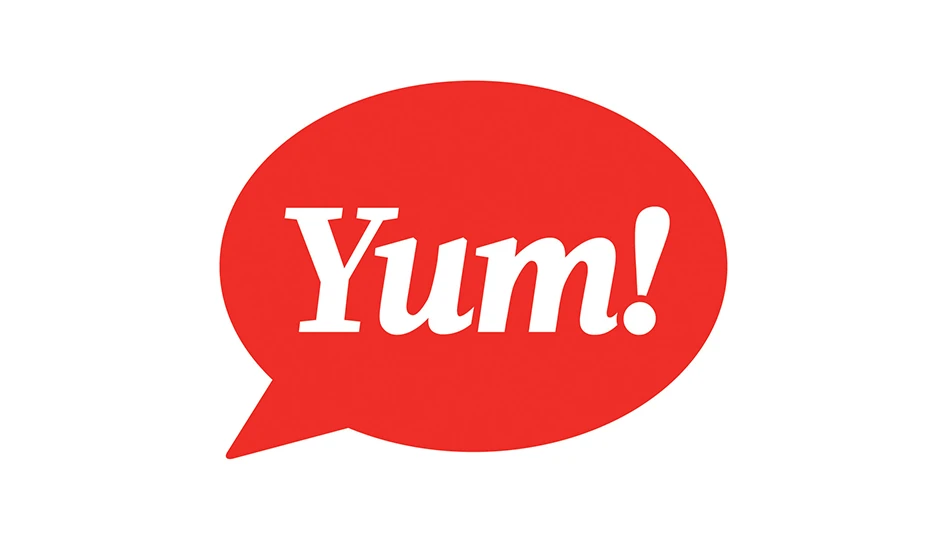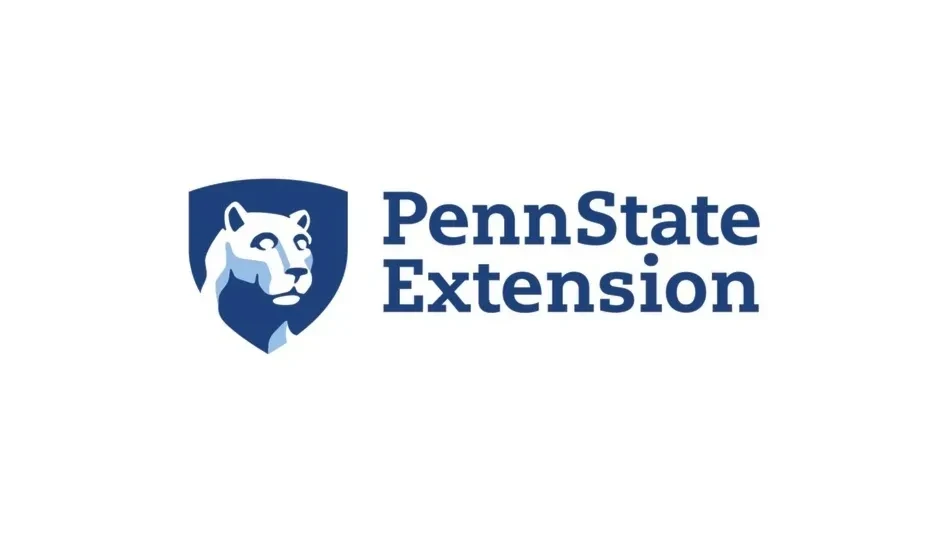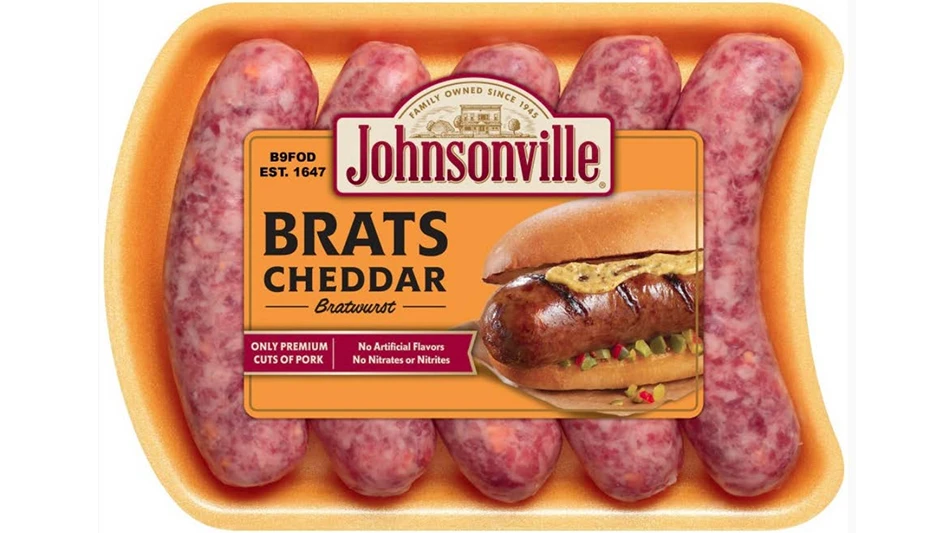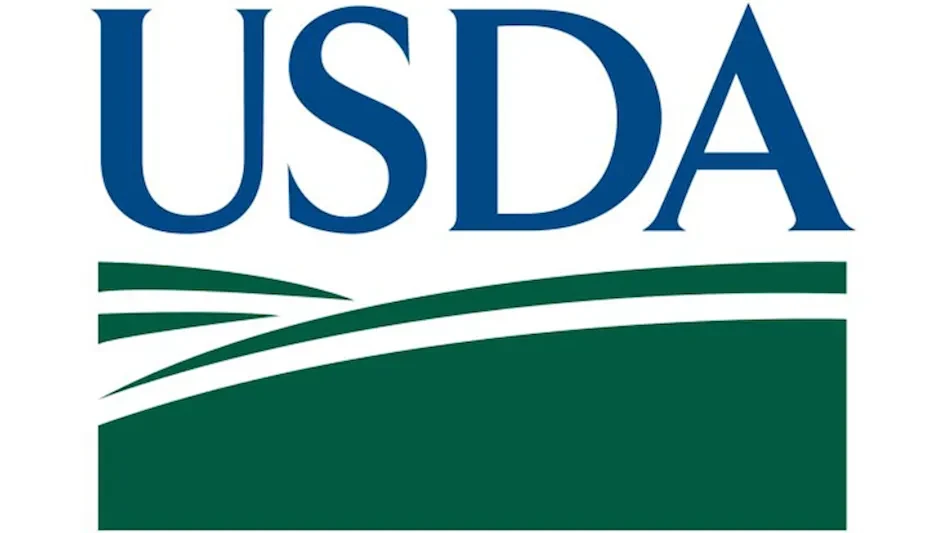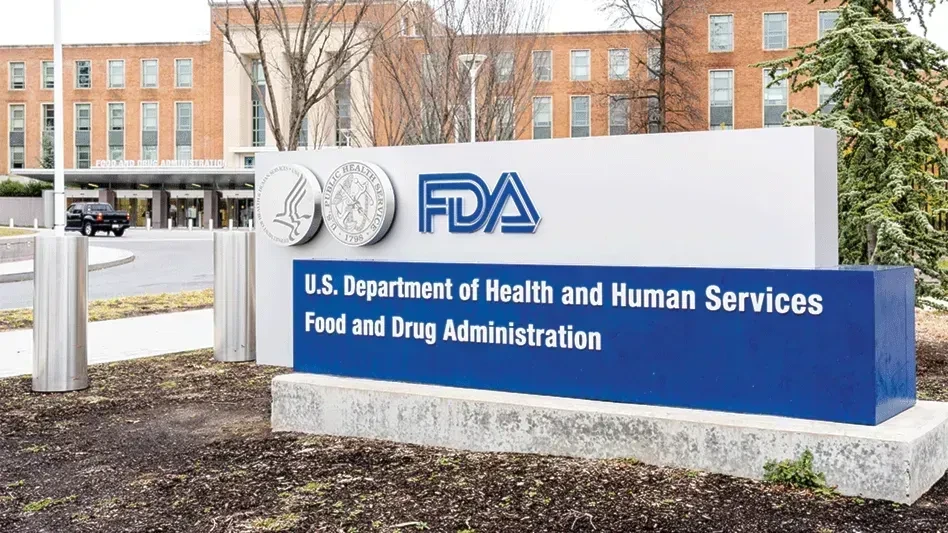
Ever since the rules of the Food Safety Modernization Act (FSMA) began being published, the industry has questioned its linkage with the Global Food Safety Initiative (GFSI) certification. As such, a major question has been: “If I am certified to a GFSI scheme, does that mean I will also be compliant with the rules of FSMA?” The short answer has long been: “You are likely close, but not necessarily completely compliant.” But now, certification to the newly released GFSI Benchmarking Requirements V7 should move food facilities even closer.
FSMA RULE DEVELOPMENT. In the development of the rules for FSMA, FDA reviewed and took into consideration numerous inputs and documents, including the requirements of GFSI along with those of other programs — domestic and international; input from public meetings; proposed-rule comments; etc. At the 2012 Global Food Safety Conference, then-Deputy Commissioner for Foods Michael Taylor said, “As we build our new import system, we want to work closely with GFSI and build on the foundation you have established for effective and credible certification programs.” And with a majority of public meeting participants expressing interest in “seeing or participating in the creation of comparative analyses of existing programs, plans, and schemes (such as GFSI) to provide industry with a better understanding of what, specifically, they need to do in order to comply with FSMA and FSVP requirements,” FDA had little choice but to at least consider these programs.
The agency is continuing to consider stakeholder input in its implementation of the rules. For example, FDA scheduled a February public hearing specifically to request input on strategic partnerships it should consider to enhance the safety of imported food. Recognizing the importance of strengthening existing collaborations among food safety regulators, the agency said the public hearing provided an opportunity for it to “receive input from stakeholders as it develops, expands, and refines partnership activities related to imported foods.” Of even greater relevance to this topic, a key focus of the hearing was to obtain information on the role of partnerships “to enhance risk-based decision making through the consideration of private standards, the recognition of commodity-specific export programs, and the implementation of the existing systems recognition program.”
While this public hearing focused specifically on imported foods, I would see any alignment with GFSI as crossing over to all the rules of FSMA. I say this because of FDA’s statement that “while the FSMA regulations are not the subject of this public hearing, the initiatives that will be discussed align with and support FSMA implementation.”
So, if the safety standards are to be the same, I would expect that consideration or recognition of a standard (i.e., GFSI) for an imported food would mean consideration or recognition of the standard for a food produced in the U.S. as well.
What makes all this of even greater relevance is that, with its release of it Benchmarking Standards version 7 (previously titled GFSI Guidance Document), GFSI is bringing its requirements into closer alliance with FSMA — adding new requirements for food defense and food fraud prevention into all GFSI scopes; incorporating a requirement for unannounced audits; and expanding the supply chain approach to include food brokers and agents.

At the same meeting, GFSI Chair Mike Robach noted GFSI as being an example of a partnership being able to achieve something that no company could do alone, that is, achieving “massive reciprocity on a global scale.”
This reflects GFSI’s central aim of “once certified, accepted everywhere,” and is the very goal that I see FDA as seeking (or should be if it isn’t), as it is what will enable FSMA to be accepted globally, and not seen as a trade barrier.
All that said, a food facility that is GFSI certified cannot expect that this automatically makes it FSMA compliant. While there are areas in which the facility will exceed FSMA requirements, there are definite differences between the two, and there are requirements of FSMA that are not a part of GFSI, such as having a Preventive Controls Qualified Individual, specific Produce Safety water requirements, etc. But, despite the differences, being GFSI certified will take you a long way down the road to FSMA compliance, essentially just leaving some FSMA-specific details for enhancement.
It is the new GFSI V7 requirements that truly lessen the differences between the two. While the most obvious of these may be the added focus on food defense and food fraud, what I see as being of even greater consequence is the new requirement for unannounced audits. FDA doesn’t tell you when an inspector is going to show up at your door, and now, neither will you always know when a GFSI scheme auditor will appear. While it may seem to be a negative for food facilities who like to ensure they are prepared for such audits, it actually will reflect as a positive, not only ensuring that you maintain the standards on a daily basis, but also enabling you to feel more secure that your food safety program is at full implementation when the unannounced FDA inspector does arrive at your door.
So, while the answer to the question with which I began this column remains: “With GFSI certification, you are likely close, but not necessarily completely compliant, with FSMA,” I’d now add: If you are GFSI V7 certified, you are definitely in a good place.
If you’re not, consider taking your facility through the process. Not only will it move you down the road to FSMA compliance, it will help you analyze and improve your food safety program to protect your consumers and your brand.
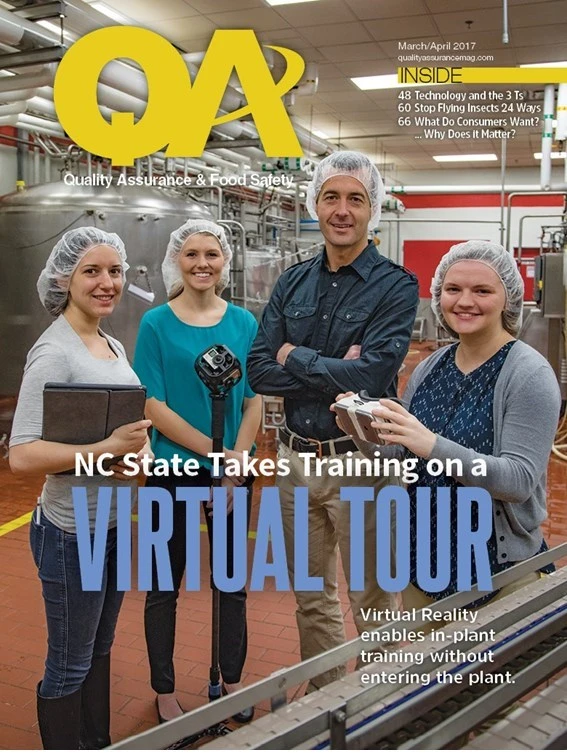
Explore the April 2017 Issue
Check out more from this issue and find your next story to read.
Latest from Quality Assurance & Food Safety
- Ferrero Group Invests $445 Million in Ontario Production Facility
- Nelson-Jameson Announces Grand Opening for Pennsylvania Distribution Center
- Taylor Farms Linked to Romaine E. coli Outbreak as Marler Clark Files Multiple Lawsuits Against Supplier
- IAFNS Announces Winners of Emerging Leader Awards for Food Safety, Nutrition
- FDA Shares Testing Results for PFAS in Bottled Water
- Provision Analytics Adds Food Safety Expert Jennifer Williams to Strategic Advisory Group
- Boston Sword & Tuna Protects Seafood Safety with Mettler-Toledo Metal Detectors
- IFT Releases New Resources to Aid Food and Beverage Industry in Sugar Reduction
